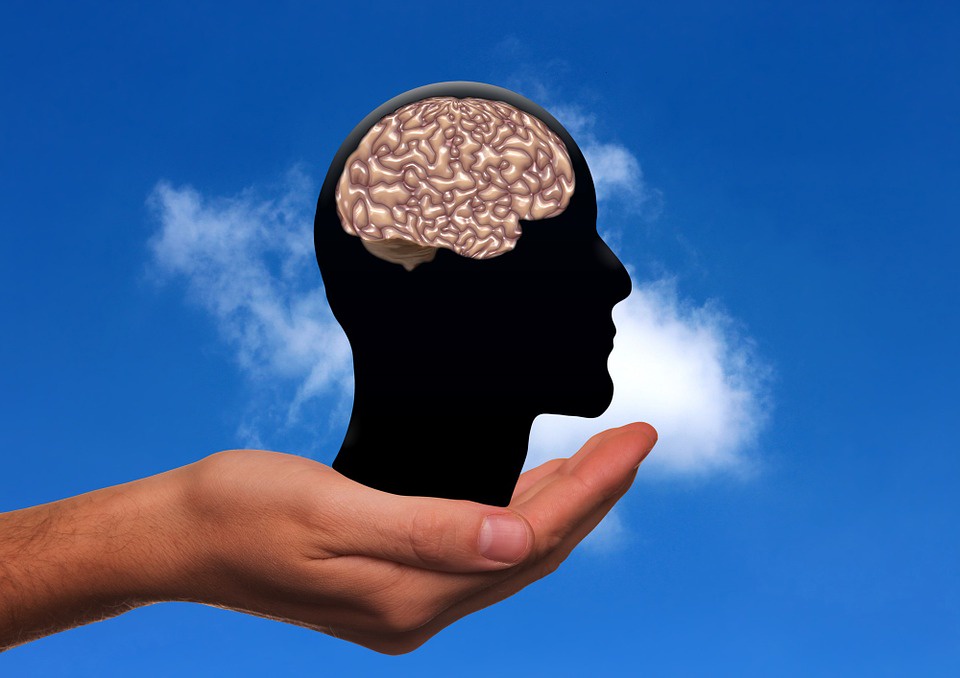Mental health disorders affect millions of people worldwide, and the demand for effective treatments is higher than ever. Historically, drug development in the field of mental health has faced numerous challenges due to the complexity of these conditions and the subjective nature of their assessment. However, the integration of digital health technologies has the potential to revolutionize the way we develop and evaluate new drugs for mental health disorders. In this article, we will explore the exciting possibilities that digital health technologies offer in the development of medications for mental health conditions.
The State of Mental Health Drug Development
Mental health disorders encompass a broad spectrum of conditions, including depression, anxiety, schizophrenia, bipolar disorder, and more. Developing effective drugs for these conditions is challenging for several reasons:
Heterogeneity: Mental health disorders are highly diverse, with varying symptoms, underlying causes, and treatment responses. Traditional clinical trials often struggle to capture this heterogeneity.
Subjective assessments: The primary outcome measures in mental health drug development, such as self-reported questionnaires and clinical interviews, are highly subjective and prone to bias.
Lengthy and costly trials: Developing and testing new mental health drugs is a time-consuming and expensive process. High attrition rates, long recruitment periods, and complicated endpoints contribute to these challenges.
Digital Health Technologies in Mental Health Drug Development
Digital health technologies, including wearable devices, smartphone apps, telemedicine, and artificial intelligence (AI), are emerging as powerful tools in the field of mental health drug development. Here's how these technologies can make a significant impact:
Objective data collection: Wearable devices, like smartwatches and biosensors, can continuously collect objective data such as heart rate, sleep patterns, physical activity, and even biomarkers associated with mental health conditions. This data can provide a more comprehensive understanding of a patient's condition and treatment response.
Remote monitoring: Telemedicine and smartphone apps allow for remote monitoring of patients. This not only improves access to care but also enables real-time tracking of patient progress, side effects, and adherence to treatment regimens.
Enhanced patient engagement: Mobile apps and digital platforms can engage patients actively in their treatment process. Through personalized interventions, reminders, and psychoeducational content, patients can become more active participants in their mental health care, leading to improved outcomes.
AI-powered analytics: Artificial intelligence can analyze large datasets from various sources to identify patterns and predictors of treatment response. Machine learning algorithms can assist in identifying the most suitable candidates for clinical trials and predicting the efficacy of new drugs based on individual patient data.
Accelerated trial recruitment: With the help of digital tools, researchers can identify and recruit suitable candidates for clinical trials more quickly, reducing the time and cost involved in drug development.
Real-world evidence: Digital health technologies enable the collection of real-world evidence, which can complement data from traditional clinical trials. This real-world data can provide valuable insights into drug performance in diverse populations and over extended periods.
Challenges and Ethical Considerations
While the potential of digital health technologies in mental health drug development is promising, there are challenges to address. Data privacy and security concerns must be carefully managed, as sensitive patient information is often collected and transmitted. Additionally, the digital divide could exacerbate health disparities if access to these technologies is not equitable.
Ethical considerations related to the use of AI, patient consent, and data sharing must be carefully navigated. Furthermore, the use of digital technologies in mental health may raise questions about the boundaries between patient autonomy and remote monitoring.
Conclusion
Digital health technologies have the potential to transform mental health drug development by providing objective data, improving patient engagement, and accelerating the process. As these technologies continue to evolve, we can expect more targeted, efficient, and patient-centered approaches to developing medications for mental health disorders.
By harnessing the power of wearables, smartphones, telemedicine, and AI, researchers and pharmaceutical companies are moving closer to a future where personalized treatments are the norm, and mental health conditions can be managed and treated more effectively. However, it is crucial to address the ethical and privacy challenges that arise and ensure equitable access to these technologies to maximize their benefits for all individuals suffering from mental health disorders.


No comments yet